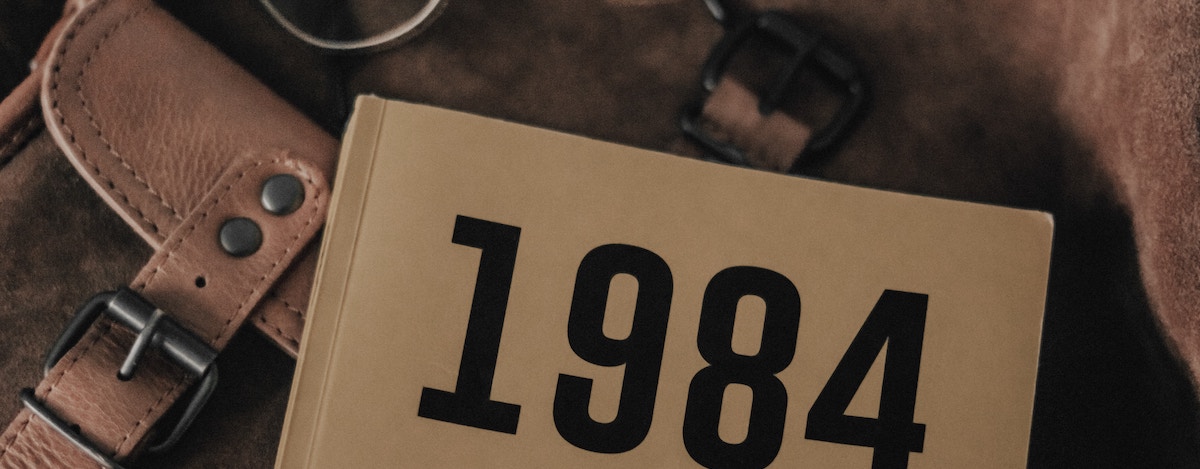Is Big Brother watching you? Are we moving into an “Orwellian” world? Would you surrender your ancient English freedoms to an app? The government is going to put an app on your phone to follow you, tracing your contacts, backed by expert “shoe leather” work on the ground, to control the spread of Covid-19. At what price? Who has the right to know what you are doing and where you are?
In Nineteen Eighty-Four George Orwell conjured up a future in which nothing was private, and secrets killed you. Everything you did was watched by the Telescreen in your home, every deviant thought hunted down, every gesture and emotion codified and regulated. The Party was interested in power for its own sake. “If you want to keep a secret,” he wrote, “you must also hide it from yourself.”
It was a warning, a prophylactic. Orwell wanted to stop it happening.
But we sleepwalked into omnipotent surveillance. The novelty is that we do it to ourselves. Rampant consumerism has led us into a trap. We were persuaded to give away our wants, needs and desires by every message, purchase, like and interest.
What is learnt from our unconsidered everyday habits is accumulated, sold as data-gold. We are relentlessly trapped by what we like and sold more of it by corporations.
This is not simply about selling us “things” or even “giving us more of what we like”. We have also been lured into giving free access to our souls to malignant forces which sell us the politics they want, not the politics we might have wanted. Like Big Brother in the novel “they” are all-powerful. But you cannot see them, as they are “merely” algorithms.
Orwell built his vision of a surveillance state from his experiences fighting for the Spanish Republic, from observing propaganda and doublethink in practice in Stalinist Russia and Nazi Germany, where they were the accomplices of brutal oppression.
He cast a wary eye on Britain during the Second World War. It all has disturbing echoes in the ability of political actors in democracies to vacuum up consumer information for their own ends.
This is not the same as “the App”. Nor is the lazy plastering of clichés about “Orwellian” onto everything of much use (or even what Orwell would have done). The current situation where we give our data away unthinkingly to commerce but appear to want to withhold it when the state wants to use it in the collective interest is not coherent.
Everything depends on who controls the technology for what purposes, and who uses the data to do what. Orwell was not interested in the power of technology. He makes us focus on the real issue – the technology of power.
That is why his work still persists. The last few months have felt like a rupture in time but the world the Orwell Prize shortlists, released this week, write from is not the past. They are warnings too, as are the many hundreds of entries the Orwell Youth Prize has already received from young people across the country. This is the “Orwellian” that counts.
Photo by Ethan Rougon on Unsplash












